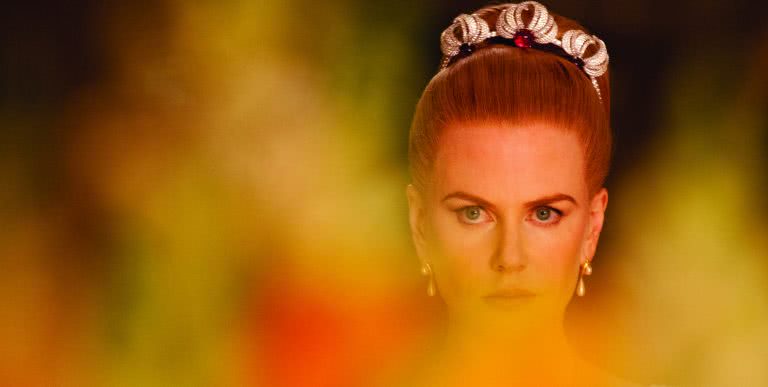Grace Of Monaco, the latest film from French director Olivier Dahan, gives a fictional account of a period of crisis in the life of Grace Kelly. Dahan’s film has already been surrounded by a lot of controversy, with the Monacan royal family withdrawing their support (citing its historical inaccuracy) and Harvey Weinstein, the film’s US distributor, openly disputing Dahan’s final cut.
Having now seen the finished project, it is safe to say that the surrounding controversy is much more exciting than the movie itself; a real disappointment after the success of Dahan’s 2007 Edith Piaf biopic, La Vie En Rose.
The film opens with Nicole Kidman’s Grace in a crisis of identity. Having left her career in Hollywood to marry Prince Rainier III of Monaco, Grace is offered a role in Alfred Hitchcock’s Marnie, and is left torn between her former life and her current responsibilities as wife, mother, and Princess of Monaco. Parallel to this runs the narrative of Monaco’s struggle against France, and specifically Charles de Gaulle, to retain its independence.
Kidman and Tim Roth do their best as Grace and Rainier, but the cheesiness of the script is a sizeable obstacle. The screenwriter clearly took pains to spell absolutely everything out to his audience, a particularly cringeworthy example of this coming with a character instructing Grace that she move to Monaco to “play the greatest role of her life”. We get it, guys. The costumes are lovely, as well as the scenery, but the whole film appears to have been shot using some kind of Instagram filter, which is a little distracting.
By the end it is hard to care about either storyline, and the film finishes with an incredibly kitsch montage that throws in Allegri’s Miserere to try and seem profound, but just comes off as cheap instead.
2/5 stars
Grace Of Monaco is in cinemas Thursday June 5.


































